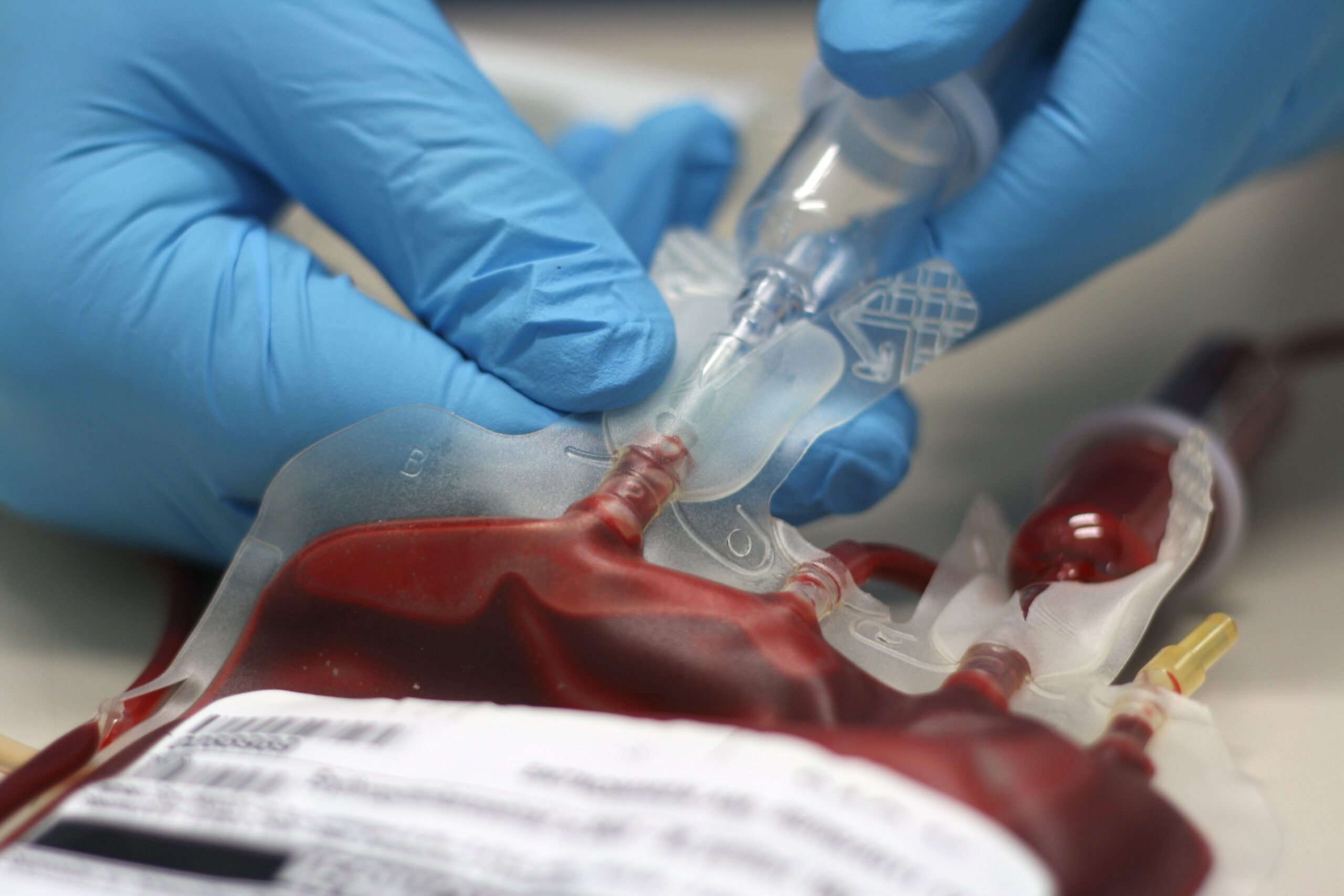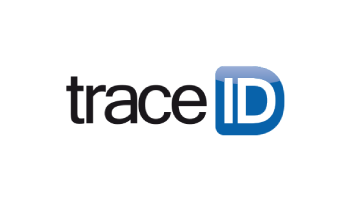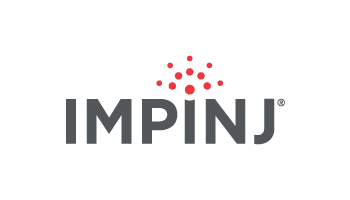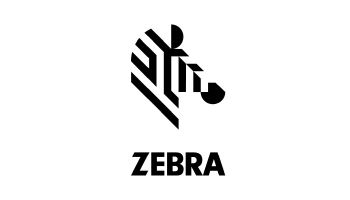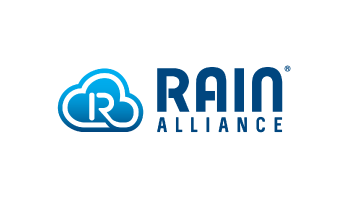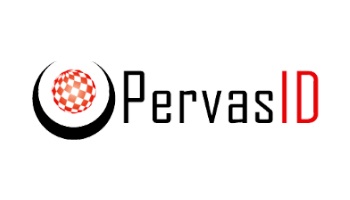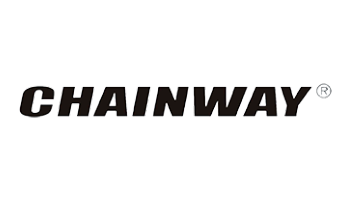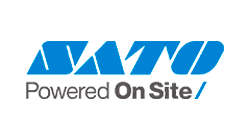
Kyubi System © is a business unit of Comercial Arqué S.A specialized in RFID technology.
T (34) 932 615 300
Email: info@kyubisystem.com
Kyubi System ©
Carretera del Mig, 54. Hospitalet de Llobregat, BARCELONA
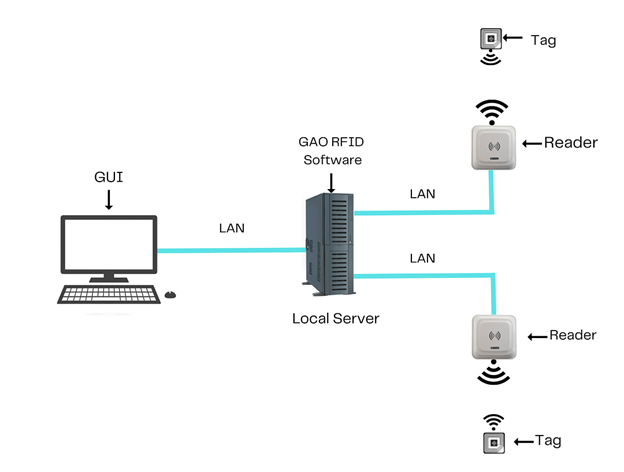
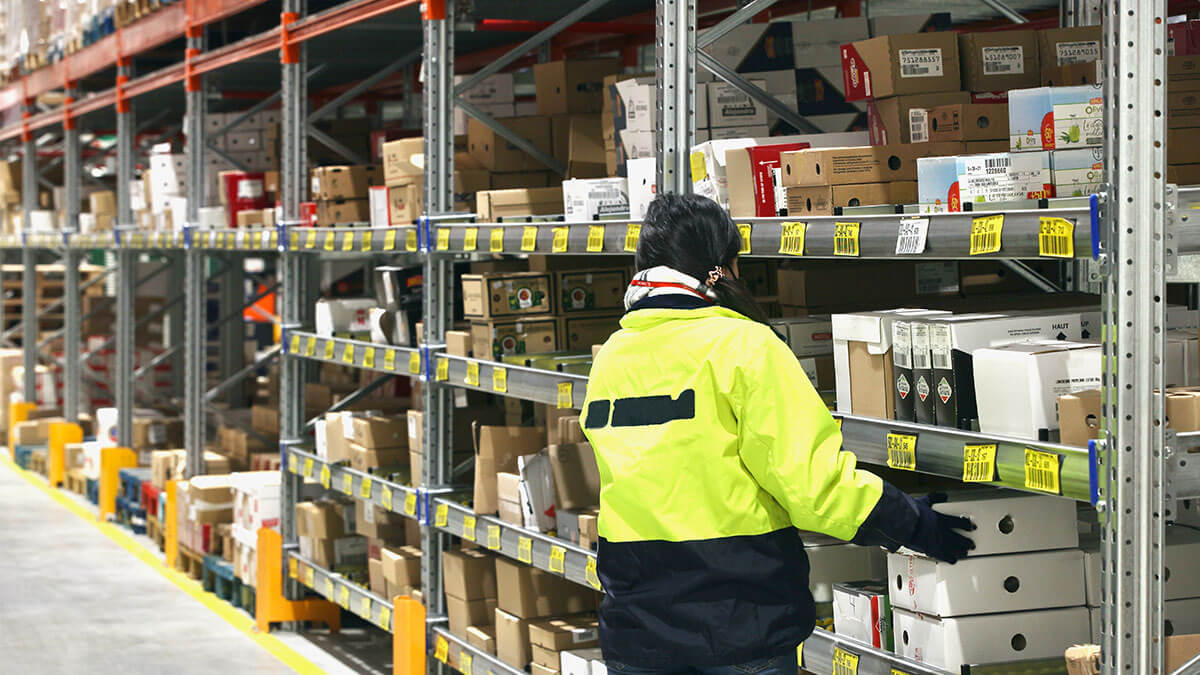
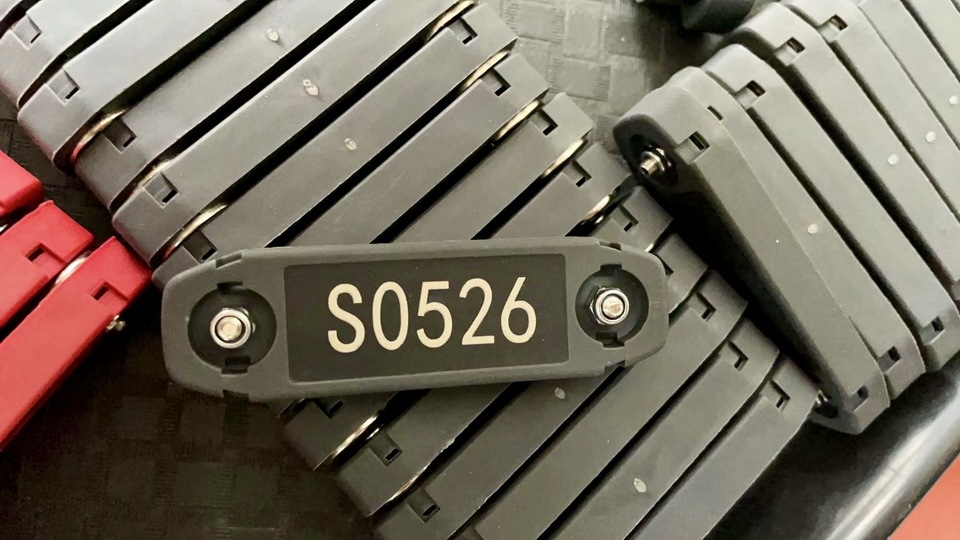
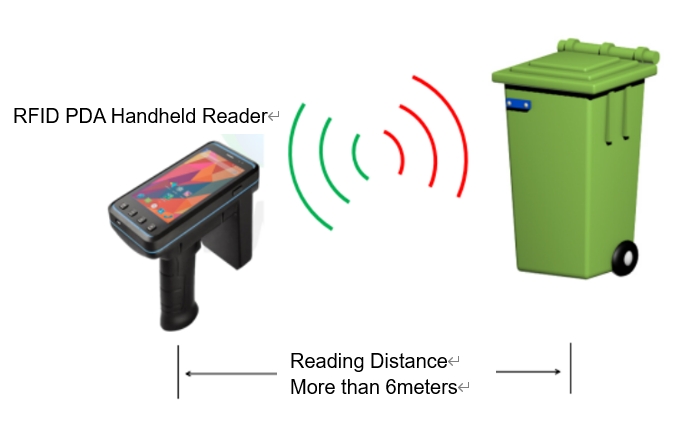


RFID in Automotive and Components
The use of RFID in the automotive sector allows for complete traceability of each part and component throughout the manufacturing process.
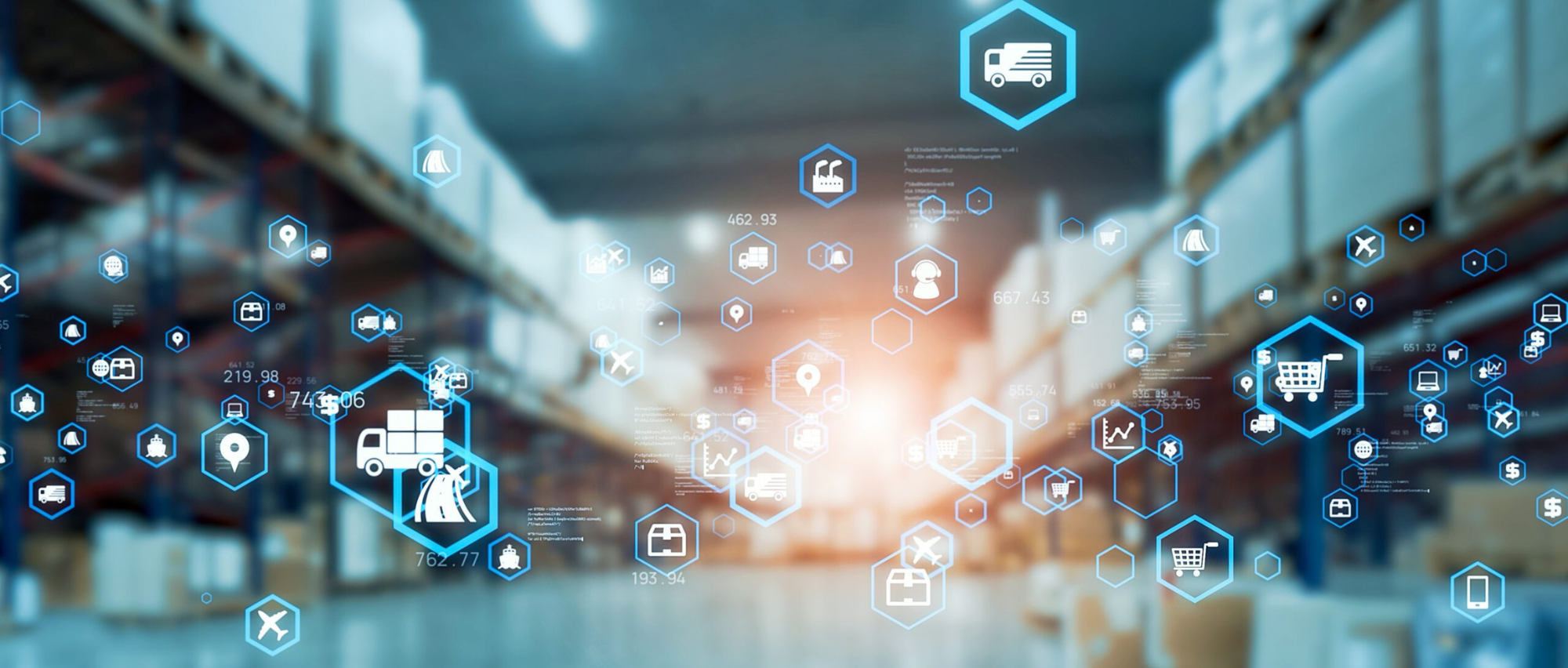
RFID for Metallurgy and Heavy Manufacturing
In metallurgy and heavy industry, RFID is a key tool for controlling processes in extreme environments where conventional tags cannot withstand the conditions.

RFID in Pharmaceuticals and Laboratories
In the pharmaceutical industry and laboratory environments, RFID offers a higher level of control and security. It is used to guarantee the authenticity of medicines, the traceability of biological samples, and compliance with health regulations.

RFID in Construction and Materials
RFID is revolutionizing the management of materials and resources in the construction sector. Thanks to this technology, it is possible to identify and track materials, tools, and machinery from the warehouse to the exact point of installation on site.




